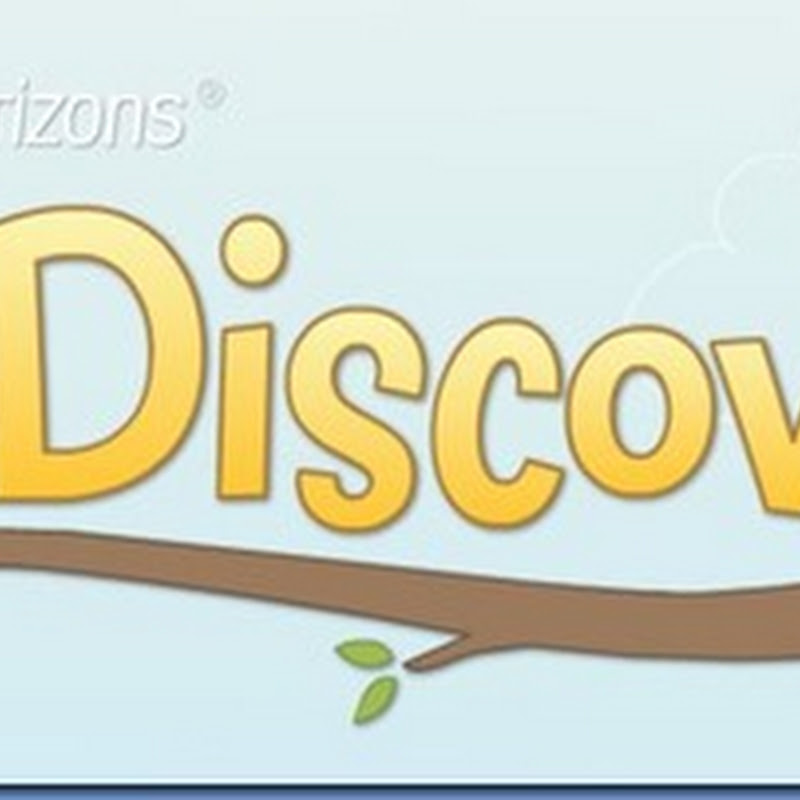|
|
|||
|
|
|
|
|
|
|
|||
What You Need
- 2 ice cube trays
- Clock
- Small bowls
- Paper and pencil
- Water and other liquids, such as fruit juices
·
Give your
child a pencil and paper and tell her that she is going to be a scientist
and take notes about what she observes in some experiments.
· Together with your child, fill one ice cube tray to the top with water. Fill the other tray only half full. Put both trays in the freezer. Have your child record the time. Tell her to watch the clock and check every 30 minutes or so to see if the water in each tray has frozen (if not, wait until it has frozen).
· Together with your child, fill one ice cube tray to the top with water. Fill the other tray only half full. Put both trays in the freezer. Have your child record the time. Tell her to watch the clock and check every 30 minutes or so to see if the water in each tray has frozen (if not, wait until it has frozen).
- Ask your child to write down how long it took the water in each tray to freeze.
- Ask her which amount of water froze faster? Invite her to explain why she thinks this happened.
·
Have your
child take one ice cube from each tray and put them in separate bowls to
melt. Ask her to write down which cube melts faster—the larger one or the
smaller one.
· Put one ice cube in a window and another in the refrigerator (not the freezer) and have your child write down how long they each take to melt.
· Freeze samples of liquids such as different kinds of fruit juices. Have your child compare their freezing times to that of water.
· Put one ice cube in a window and another in the refrigerator (not the freezer) and have your child write down how long they each take to melt.
· Freeze samples of liquids such as different kinds of fruit juices. Have your child compare their freezing times to that of water.
 |
| As you can see I helped write Jr.'s observations. |
 |
| Melting the ice. |
This scientific inquiry was really simple and fun. Jr. did a great job writing/drawing the experiment in his composition notebook and his observations were incorrect at first. Then, when we checked halfway through the experiment, he quickly wanted to change his hypothesis. By the way it was hilarious to hear him say "hypothesis." We stuck with 'guess' afterward.
~Please note that I did not come up with this experiment but found it at: http://educationaltoyfactory.com/now_you_see_it.htm






















This blog is getting better and better each week.
ReplyDelete